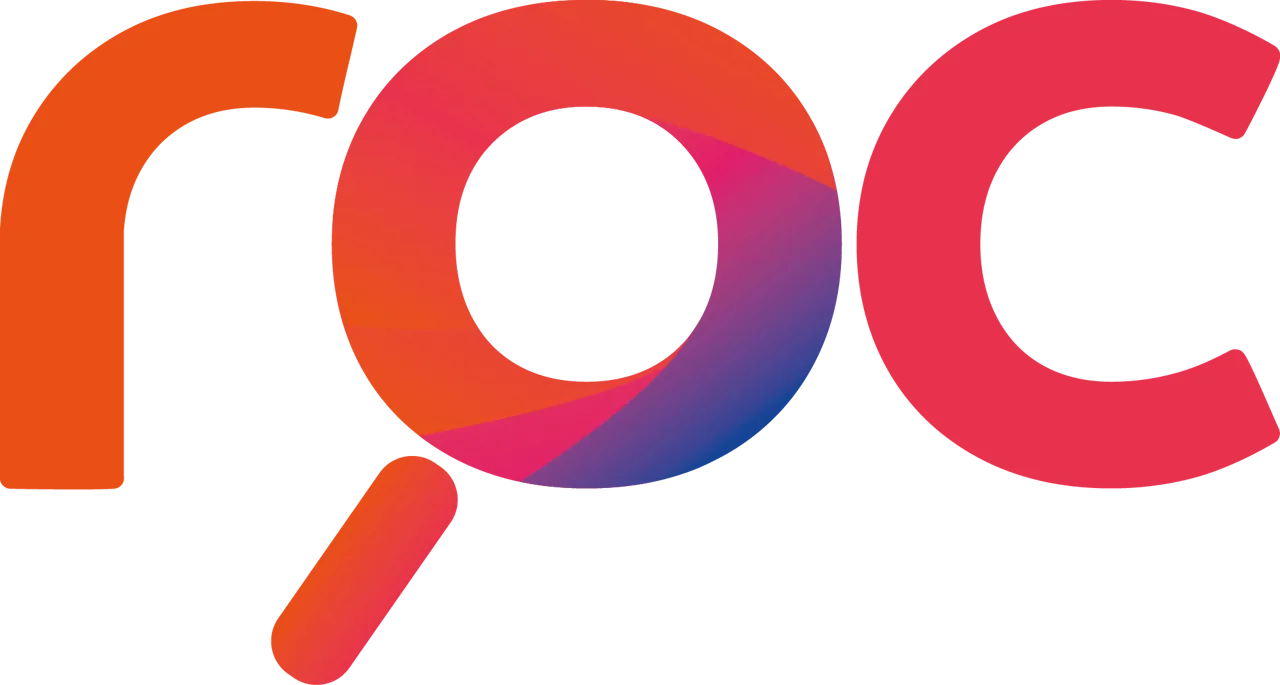

You’ve seen the headlines about job automation, but you’re not concerned. Not even a little bit. Your job is totally safe from automation. Probably. Right?
The truth is most industries will be affected by rising automation in one way or another. But what’s the true scale of the issue? What sort of jobs might be affected? And, crucially, when?
Rising automation across the 2020s and 2030s
To assess the potential impact of automation over the next decade or so, PwC analysed over 200,000 jobs across 29 countries (including the UK).[i] The immediate picture isn’t so disheartening. In the first wave of automation, in the early 2020s, just 3% of jobs are at potential risk of automation (meaning part or all of the existing job could be automated).
That doesn’t sound too bad, does it? Look ahead, though, and the picture darkens. By the mid-2030s, as technology matures and machines become more autonomous, 30% of jobs could potentially be automated.
Some jobs are more at risk than others
When you think of the jobs most at risk of automation, you probably think of areas like manufacturing or transportation (thanks to robotics and driverless vehicles). In fact, a surprising range of professions are at risk. For example, PwC predicts that, in the short term, financial services could be particularly hard hit, as algorithms take over the bulk of analysis work. It makes sense, then, that tech jobs, IT jobs and engineering jobs may be similarly affected across the 2020s, as software begins to take on more and more tasks.
But new jobs will be created
Does this mean we’ll all be unemployed by 2030? Unlikely. Think of how each previous industrial revolution has led to the creation of more jobs for humans, not less. Even the rise of computers has ultimately created more new jobs than it displaced. (Hello, data scientists, software designers and social media managers!)
Technology and engineering work might not be immune to automation, but there are steps you can take to future-proof your career – things like investing in your development, becoming more adaptable, taking on new responsibilities, and widening your experience where you can.
Specialists in IT and engineering jobs, Roc Search is here to help you build a career that lasts. Drop us a line to discuss your career goals.
[i] Source: https://www.pwc.co.uk/services/economics-policy/insights/the-impact-of-automation-on-jobs.html





